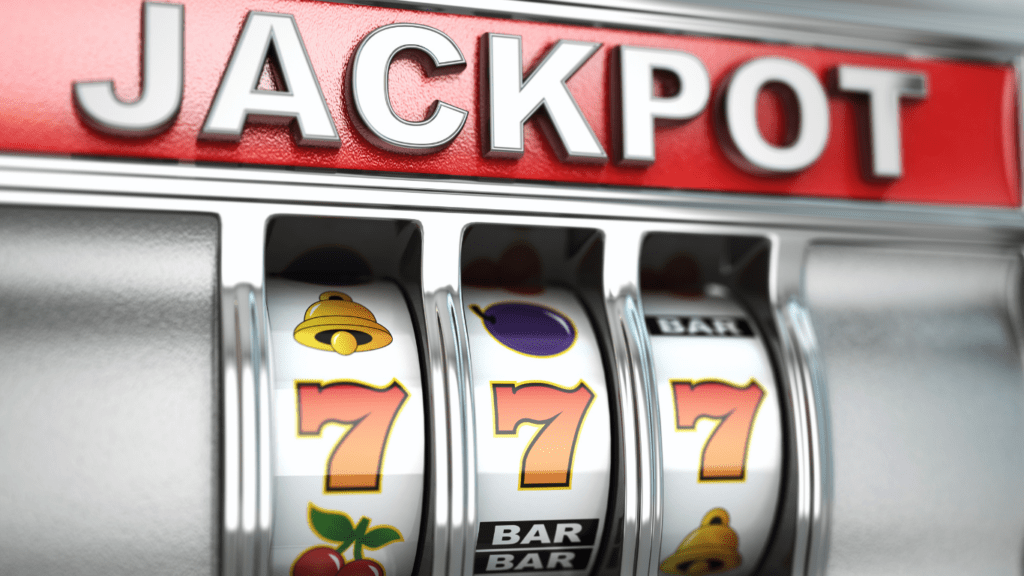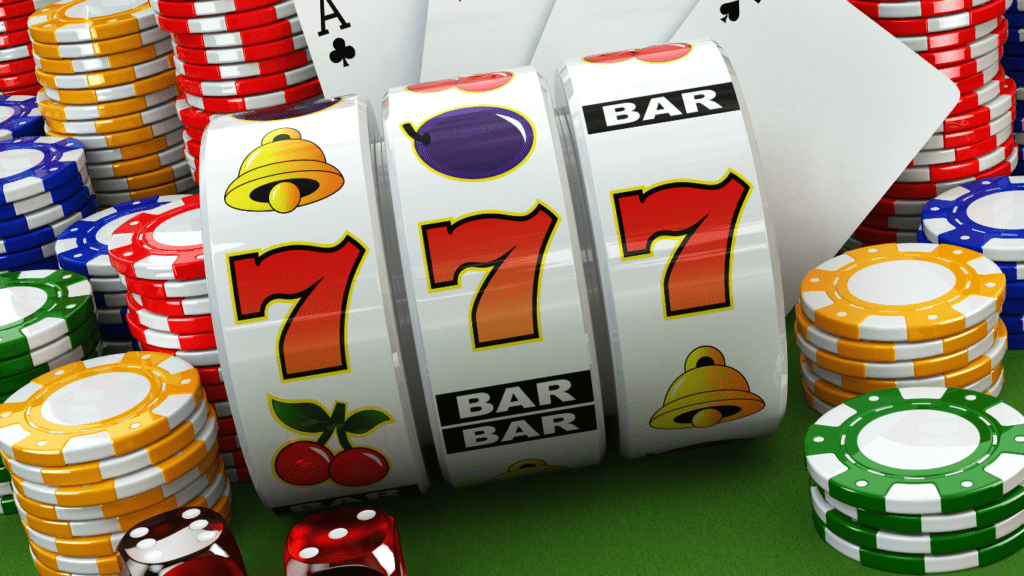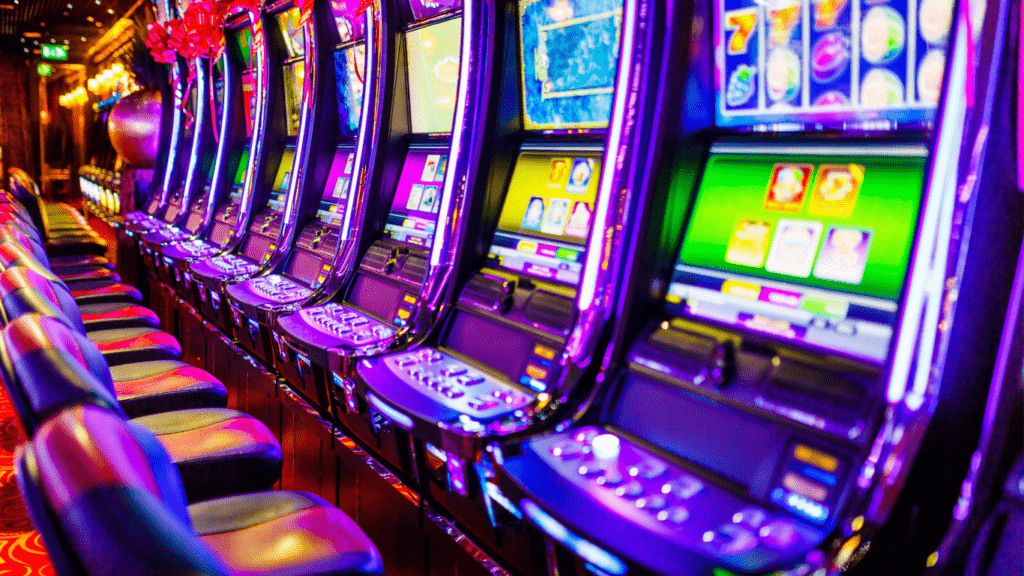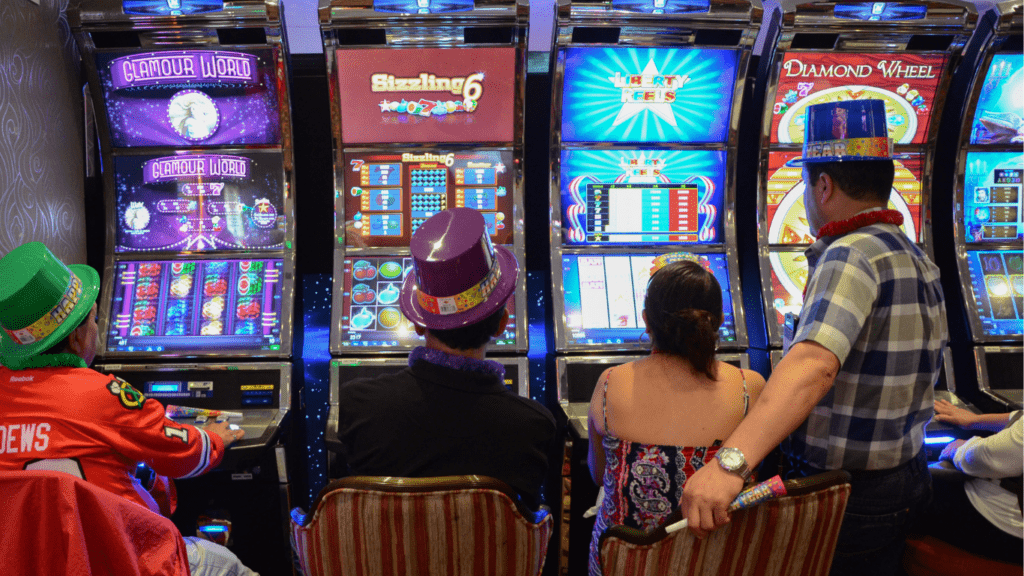Jackpot games are thrilling—they promise life-changing wins with just a single lucky bet. But not all jackpot games are created equal when it comes to your chances of winning. If you’ve ever wondered which games actually offer the best odds, you’re not alone. Understanding the numbers behind these games can make all the difference in choosing where to place your bets.
Understanding Jackpot Games And Odds
Jackpot games are a centerpiece of gambling, combining high stakes with potentially massive payouts. Analyzing these games requires understanding their structure and the role odds play in winning.
What Are Jackpot Games?
Jackpot games are gambling activities offering accumulated prize pools that players compete to win. These games exist across formats, including:
- slots
- poker
- lotteries
Progressive jackpots grow as a percentage of every wager contributes to the total, like Mega Moolah. Fixed jackpots have set prizes, such as daily slot jackpots in online casinos.
Popular examples include Powerball and Mega Millions in the lottery category, each carrying multi-million-dollar payouts. In casinos, games with jackpots are frequently found in slots, such as Divine Fortune or Hall of Gods. The diversity allows players to choose based on desired gameplay and prize potential.
The Importance Of Odds In Jackpot Games
Odds measure the statistical probability of winning the jackpot in any game. Higher odds mean a lower chance of success, though they often correlate with increased prize size. To make informed decisions, understanding odds enables smarter allocation of resources during gameplay.
For instance, national lotteries like Powerball often show odds of 1 in 292 million, while smaller-scale lottery games, such as state-specific draws, may have odds closer to 1 in 1,000,000. Similarly, slot games vary widely, with higher volatility slots generally having longer odds but larger jackpots. In contrast, lower volatility games can offer smaller but more frequent wins.
Comparing the odds across games, players identify where their chances align best with their gaming goals.
Factors That Affect Jackpot Odds
Jackpot odds depend on various elements, each influencing players’ chances of securing a win. Understanding these factors ensures players make better-informed choices when selecting games.
Game Design And Probability
Game mechanics and probability calculations play a critical role in the odds of winning. Games like lotteries often depend on numeric combinations, such as picking six numbers out of 49, creating odds of 1 in 13,983,816. Slot games incorporate random number generators (RNGs), where reels, paylines, and symbols dictate odds. Progressive jackpots increase complexity due to contributions from multiple bets, lowering individual winning probabilities. Games with simpler structures, like fixed jackpots, typically offer more favorable odds.
Ticket Costs And Payout Ratios
Higher ticket prices sometimes correspond to better odds but aren’t always proportional. For instance, a $2 lottery ticket may offer odds of 1 in 292 million (e.g., Powerball), while a $20 scratch-off ticket might offer odds closer to 1 in 3. Examining payout ratios—how much of the collected revenue is returned as prizes—helps evaluate a game’s value. Many slot machines have payout ratios around 90%-95%, while lotteries usually fall between 50%-60%, impacting long-term returns.
Regional Variations In Odds
Regional restrictions and game versions can alter odds significantly. In multi-state lotteries like EuroMillions or Powerball, larger player pools reduce individual odds but increase prize sizes. Local or state lotteries often feature smaller jackpots with better odds due to reduced player participation. Geography also influences ticket availability, affecting access to games with potentially favorable odds, especially for players in regions with more limited options.
Top Jackpot Games With The Best Odds

Analyzing jackpot games with the best odds reveals stark differences across various types. Below, I break down data on specific games to highlight those offering favorable winning prospects.
Powerball
Powerball, a widely recognized lottery game, offers odds of 1 in 292.2 million for its grand prize. While these odds may seem daunting, lower-tier prizes increase winning chances slightly. Players pick five numbers plus a Powerball number, and combinations drive the probability. Regular drawings boost accessibility, but understanding the long odds ensures realistic expectations.
Mega Millions
With grand prize odds of 1 in 302.6 million, Mega Millions rivals Powerball in size and format but provides marginally tougher chances. The structure involves selecting five numbers plus a Mega Ball, influencing odds further. Like Powerball, it distributes many smaller prizes, offering some return even if the jackpot isn’t captured. Its multi-state reach keeps jackpots consistently massive.
State Lottery Jackpots
State lotteries, including games like California SuperLotto Plus or Texas Lotto, often provide better odds than national lotteries. For instance, the odds for SuperLotto Plus are 1 in 41.4 million. Though prizes are smaller compared to Mega Millions or Powerball, state lotteries serve as solid alternatives for players seeking better win probabilities.
Online Casino Jackpot Games
Online casino jackpots, like those found in slot games such as Mega Moolah or Major Millions, deliver odds significantly better than traditional lotteries. Mega Moolah, known for creating millionaires, offers approximate odds of 1 in 50 million, varying slightly depending on game mechanics. Unlike lotteries, these games rely on random number generators, with progressive jackpots gaining popularity due to their rapid growth and global participation.
Data-Driven Analysis Of Jackpot Odds
I analyzed data from various jackpot games to determine which ones offer the best odds for players. This analysis focuses on comparing odds across games based on structured methodologies and identifying the most accessible opportunities for potential winnings.
Methodology For Comparing Odds
I used numerical data from authoritative sources, including official lottery and casino records, to calculate odds. I considered grand prizes, secondary prize categories, and ticket costs when evaluating each game. For progressive jackpots, I factored in the total prize pool variations over time. Lotteries and casino games were categorized separately to provide a balanced comparison of odds based on their unique mechanics.
Key Findings From The Analysis
- National Lotteries: Games like Powerball and Mega Millions showed the lowest grand prize odds at 1 in 292.2 million and 1 in 302.6 million. Secondary prize categories, however, significantly improved winning chances.
- State Lotteries: California SuperLotto Plus delivered more reasonable odds, with a grand prize possibility of 1 in 41.4 million.
- Online Progressive Jackpots: Mega Moolah offered competitive odds, with a grand prize probability of approximately 1 in 50 million. The frequent prize resets after wins added appeal.
- Fixed Jackpots: These games provided consistent prize amounts and better odds compared to progressive jackpots, depending on wager mechanics and player pools.
Games With The Most Player-Friendly Odds
- Scratch-off Lotteries: Single-ticket games often presented odds between 1 in 4 and 1 in 10 for any prize, making them attractive for occasional players.
- Regional Lotteries: Smaller-scale lotteries, such as those limited to specific states or local areas, often featured odds significantly better than national counterparts.
- Casino Slots With Fixed Jackpots: Online slots with static rewards, like Starburst or Book of Dead bonus rounds, typically offered higher win frequencies while still allowing modest jackpots.



 Norman Luke is a passionate content creator and sports analytics enthusiast, dedicated to delivering engaging and insightful articles for JackpotRollZone. With a deep understanding of the intersection between sports and technology, Norman brings the latest trends, tips, and innovations to readers. His writing reflects his commitment to keeping sports fans informed and empowered with data-driven insights.
Norman Luke is a passionate content creator and sports analytics enthusiast, dedicated to delivering engaging and insightful articles for JackpotRollZone. With a deep understanding of the intersection between sports and technology, Norman brings the latest trends, tips, and innovations to readers. His writing reflects his commitment to keeping sports fans informed and empowered with data-driven insights.
